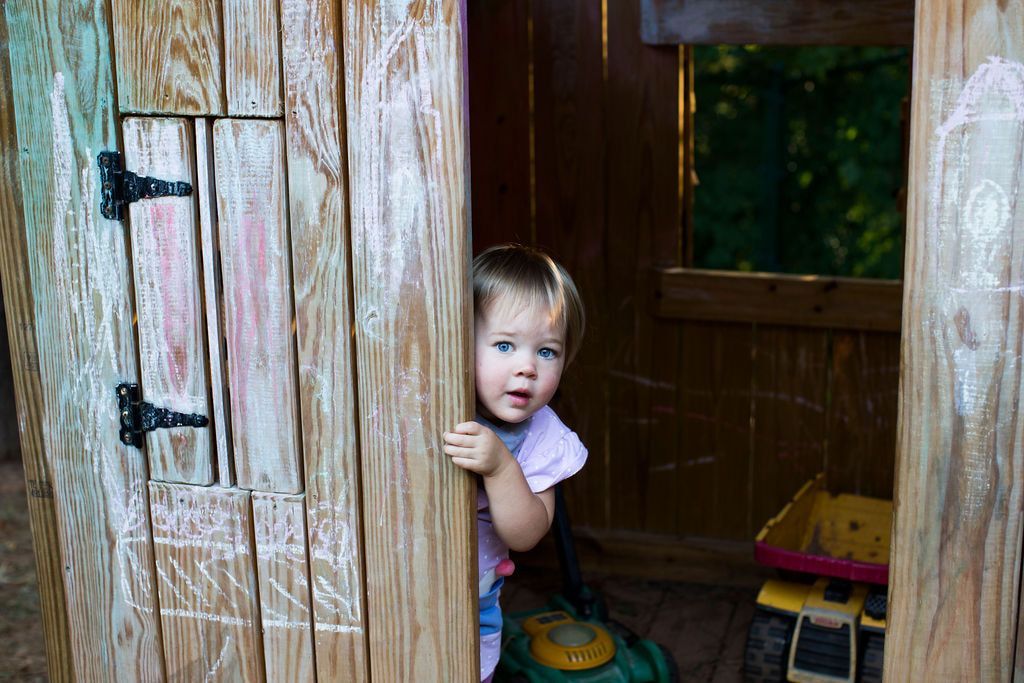
When it comes to toddlers and preschoolers, you often hear about the “terrible two” and “threenager” phases. How can you handle these the Montessori way?
In the early childhood years, young children often have tumultuous emotional outbursts. Between the ages of birth to five, children learn the complex skill of emotion regulation through the example of caregivers. As their emotions and vocabulary develop, children must simultaneously learn how to manage their strong feelings and gain the words to express how they feel. It’s no small task!
The Montessori tradition offers a structure of freedom within limits to help caregivers navigate discipline and tantrum management in the early years. Rooted in respect for each child’s individuality and independence, the Montessori approach to discipline is based on setting expectations and boundaries for your child.
Children struggle with unpredictability. The freedom within limits gives children the ability to explore and learn from their environment independently within clear boundaries and guidelines about how to behave. The goal of this approach is to design an environment that offers a sense of order and respect while fostering children’s natural curiosity and individuality. Through patience, empathy, and consistency, you can give your child the gift of autonomy and support them through the tricky years of early emotional development.
Help your child make the transition to the terrific twos and thrilling threes by offering them freedom within limits using these tips:
- Respect Children’s Independence
Foster your child’s independence from the earliest age. Offer as many age-appropriate opportunities to make choices and teach your child how to contribute to the daily functioning of the household. Giving your child agency can help empower them to take an active role in their own well-being. This is especially valuable in self-care tasks, as it can help alleviate frustrations that arise from “I can do it myself!” power struggles.
- Offer a Prepared Environment
Help your child help themselves by offering a prepared environment where they can easily access and explore the options available to them. Additionally, consider designating a specific calm-down space in your home where your little one can retreat when they feel overwhelmed. You can include a few soothing items, some sensory materials, or a feelings chart and encourage your child to utilize this space to calm their bodies when they are feeling distressed. Include them in the design to learn more about what they like to do to help calm their own body.
- Set and Communicate Clear Expectations
This is the cornerstone of Montessori discipline. Use the concept of freedom within limits to help teach your child what is and is not acceptable behavior. Clearly communicate your expectations and boundaries. Use simple, age-appropriate language and keep limits consistent and firm. This will help your child understand what is expected of them. A great way to do this is to offer choices within the limits. For example, when you are going to cross the street you can offer two options: “You can hold my hand or ride in the stroller, what do you choose?” The key is both choices must be acceptable to the adult!
- Model Emotion Regulation
Use the power of example to help your child learn emotional regulation. Work to maintain your own calm and composure and let your child “borrow your calm” in times of distress. Modeling calm, respectful behavior gives your child a positive example to follow. This can include showing your child options like taking deep breaths, counting to ten, or utilizing their calm-down space to work through their emotions.
- Name and Acknowledge Children’s Emotions
Help your child recognize what they are feeling by naming and acknowledging the
emotion. Rather than dismissing emotions or trying to distract your child, help them notice how they are feeling and how they are responding. This can help your child begin to understand and manage their emotions.
By understanding and implementing these approaches, parents and caregivers can create an environment that fosters respect, independence, and emotional intelligence for young children.


